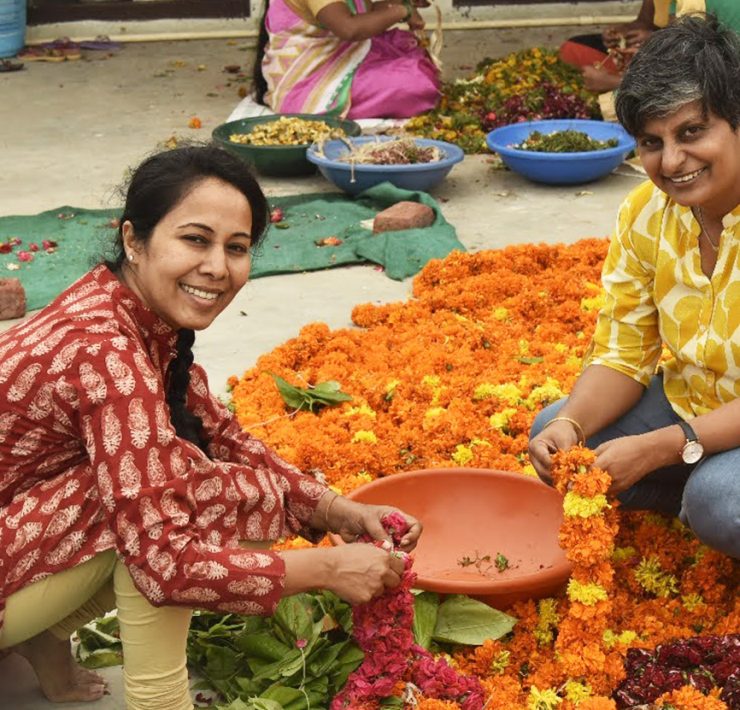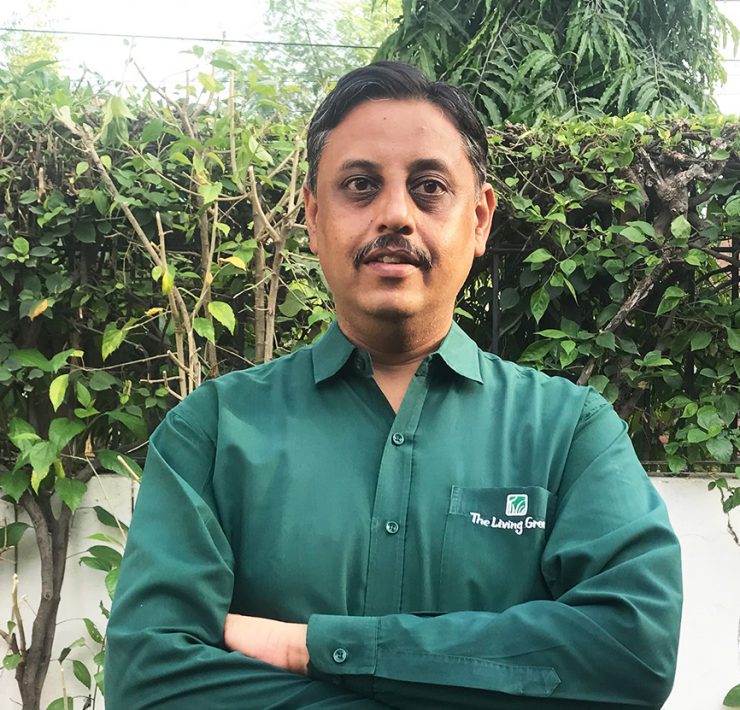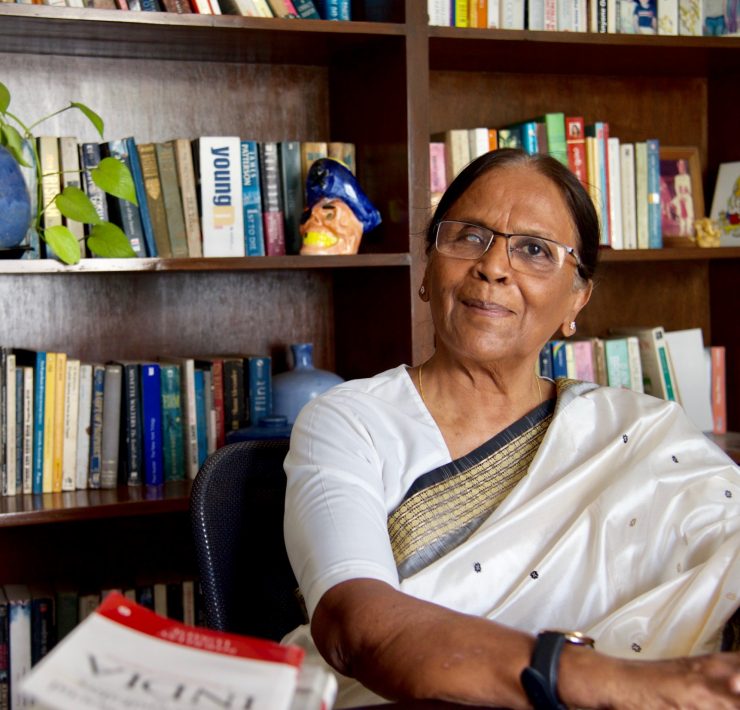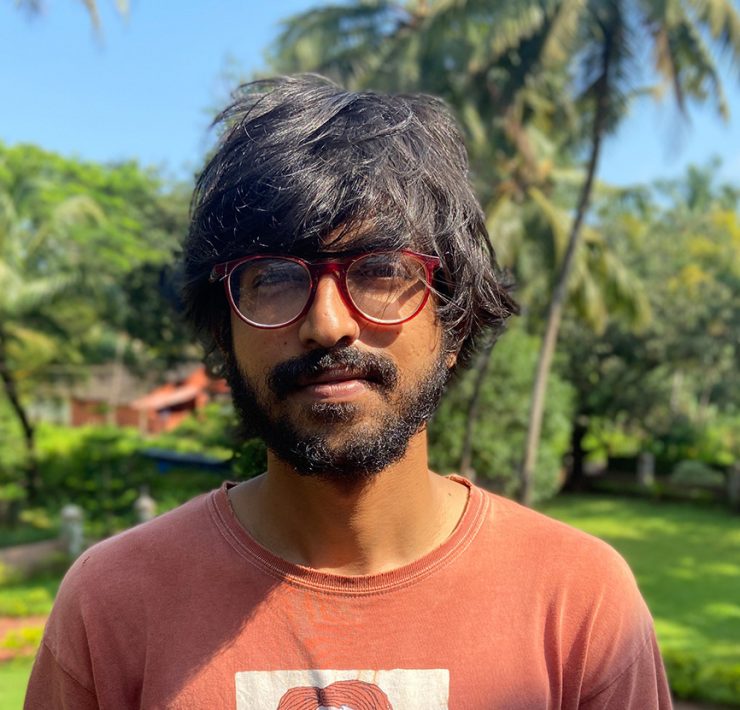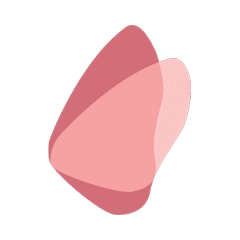Spark joy the green way with Gayatri Gandhi
- The Gurugram-based tidying consultant talks about how decluttering our living spaces using the KonMari Method is a great first step towards a more sustainable lifestyle.

Shraddha Uchil is the consulting features editor at Ethico. After…
Remember that cutlery set you got as a wedding gift but haven’t touched in years? The pair of shoes you ordered online and wore just once because they didn’t fit right? And while you have these good-as-new items in your home, on the other hand you also have a tattered T-shirt from your college years that you refuse to let go of. Why do we find it so hard to part with the things we own, even when they serve no purpose anymore? And is there a way to change how we think about our material possessions?
The solution could lie in four simple words: “Does it spark joy?” This is the constant refrain you hear throughout the first season of Tidying Up with Marie Kondo, on Netflix. The 2019 show catapulted the already popular Japanese tidying guru and author to global fame thanks to her proprietary ‘KonMari Method’ of decluttering and organising.
Closer to home in India, you will find Gayatri Gandhi asking her clients the same question. Gandhi is India’s first KonMari certified consultant, having trained directly under Kondo herself. She’s also the founder of Joy Factory, a professional clutter management company that helps people establish tidying processes for their living or work spaces.
Like Kondo, Gandhi too believes that if an item doesn’t make you feel happy when you hold it, it might be time to say goodbye. Decluttering is tied deeply to living sustainably, after all. Once you go through the process of decluttering, you end up with fewer material items, but you learn to value them more. When you aren’t overwhelmed by your chaotic surroundings, you also start to feel more relaxed.
Gandhi, who has over 500 hours of tidying and organising experience across India, talks to Ethico about how something as simple as streamlining your home or workplace can make your life joyful.
Why are clients asking for decluttering services?
Spending so much time at home during the Covid-19 pandemic is making people realise the need for a clutter-free and happy space (because they have nowhere else to go!). A majority of them have also come to understand that there is a direct correlation between a physical space and your mental wellbeing. When people are carrying out their ‘decluttering festival’, they are able to see the direct impact on their mental happiness.
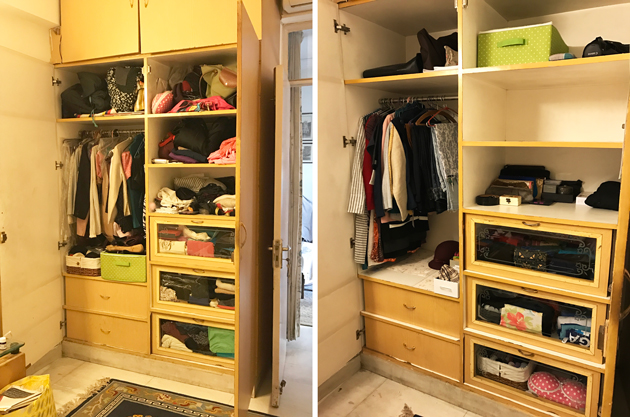
Another reason is that people have a lot of time on their hands and they feel that it’s best to utilise it in the most effective manner. Earlier, they used to feel that they can’t give so much time to decluttering and would rather do something more meaningful (little do they realise that tidying is actually a starting point to so many things opening up in one’s life!) but now slowly we can see the shift.
How does the KonMari method address environmental issues?
The KonMari philosophy is very mindful and perceptive. The method is not just about a minimalistic lifestyle, but more that is sensitive to the aspect of ‘joy’. I believe this instigates consciousness in our daily lives and the way we interact with the things we own.
This opposes consumerism and a lifestyle that pushes people to shop mindlessly, thus promoting a lifestyle where we are conscious and appreciative of the things in our lives, and understanding what brings us happiness and joy at a fundamental level.
“We all have stored items that have been passed down to us by our ancestors and find it difficult to let go.”
How do you encourage clients to move to a sustainable lifestyle?
The shift is quite gradual and automatic because when you start your decluttering festival and apply the KonMari philosophy, every single item in your house or in fact every decision of yours starts making sense. When that happens, people themselves realise the need to focus more on sustainable living.
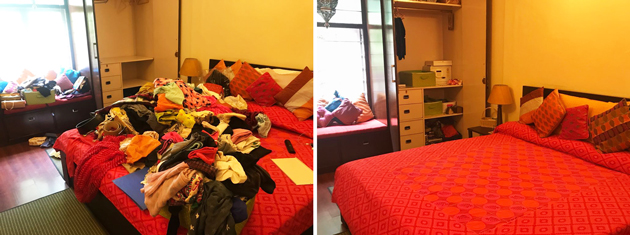
Also, I think the current situation is contributing too in making people realise this because everyone is seeing the need to just have only the essential things, and nothing fancy or elaborate.
Are Indian clients difficult to work with?
Yes and no! As Indians we are hoarders. We all have stored items that have been passed down to us by our ancestors and find it difficult to let go, even though those items are deemed useless over a period of time. And this usually forms ‘clutter’ for a majority of homes in India.
But the KonMari Method is a state of mind and its success depends 90 per cent on our thought process. And this is not just a method, but rather an approach that enables us to become capable of tidying and letting go. So, when I help my clients to go along their decluttering festival by asking what sparks joy and what doesn’t, they are able to see that letting go is not so difficult anymore. It is gradual and requires a lot of patience, but definitely a sure-shot process.
What if someone doesn’t have the time for a large cleanout? What are some small ways in which they can implement the KonMari method at home?
I think if one understands the basic principle of the KonMari Method, which is asking yourself “what sparks joy?”, then the application is fairly simple.
But yes, on a practical level, taking the first step always requires courage. So, for that I suggest you start by making your own bed every morning. It may sound rather simple but trust me when it is done, it gives you a sense of accomplishment and, more importantly, your room instantly looks less cluttered.

Also, since the KonMari Method is based on tidying category-wise, it’s best to tackle one category at a time. It is best, therefore, to identify a smaller category to begin with (that is usually contained in one space), perhaps like the bathroom toiletries or stationery, because once that is fully decluttered and organised, you will feel a sense of satisfaction and achievement.
‘Discarding of items’ forms an integral part of the decluttering process.
When clients get rid of items that no longer spark joy, where do those items go?
At Joy Factory, we offer a 360-degree solution through our services. Hence, ‘discarding of items’ forms an integral part of the process. Towards this, we have tied up with non-profits and charities like The Clothes Box Foundation, Earth Saviour Foundation and Trishul that work towards the welfare of abandoned senior citizens, women empowerment, child education and bettering the standard of living in rural areas.
This is however, post the first option given to the clients to discard items at their end (by giving away to their staff). What is left is then taken away by us and disposed of carefully and mindfully.
What was your personal experience training with Marie Kondo?
It was wonderful and delightful to say the least. I was deeply inspired by her compassion, humility and clarity of focus towards her mission. Her philosophy of ‘spark joy’ has helped me in not just organising my life but in so many other aspects.
Any books you can recommend to those looking for inspiration to adopt a minimalist lifestyle?
Marie’s books are great to start with — The Life-Changing Magic of Tidying Up, and Spark Joy. Other books that I highly recommend are The Little Book of Hygge, The Home Edit, and The Art of Discarding. I am currently reading Joy at Work, Marie’s new book that helps with tidying your workspace.
What’s on your playlist when you’re at work?
While at work with my clients, I always check with them if they would like to listen to anything in the first place. But if I am working on my own, I usually listen to retro music — both Hindi and English — because it sparks joy for me and makes me very productive.
Joy Factory is currently offering virtual decluttering sessions. If you would like to avail of the service, contact Gayatri Gandhi at 9811661618 or gayatri@joyfactory.in. Ethico readers get a special discount!
Shraddha Uchil is the consulting features editor at Ethico. After nearly a decade writing about food and culture for major publications, she has currently settled into her role as a new mum. Now, it’s time to consider how she can help preserve the world for generations to come.


